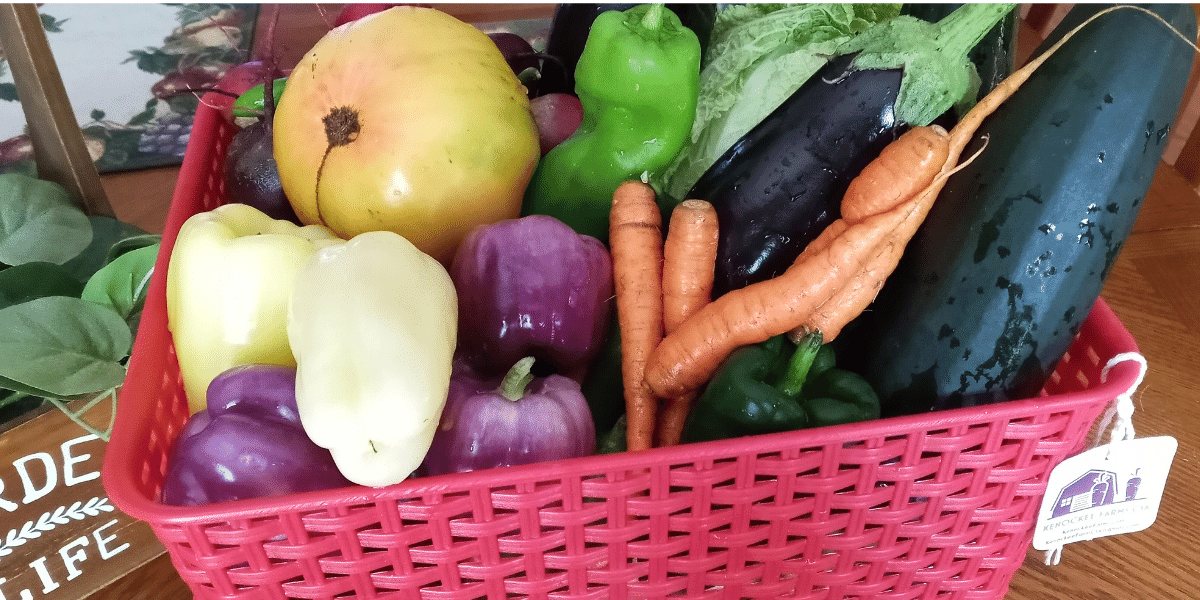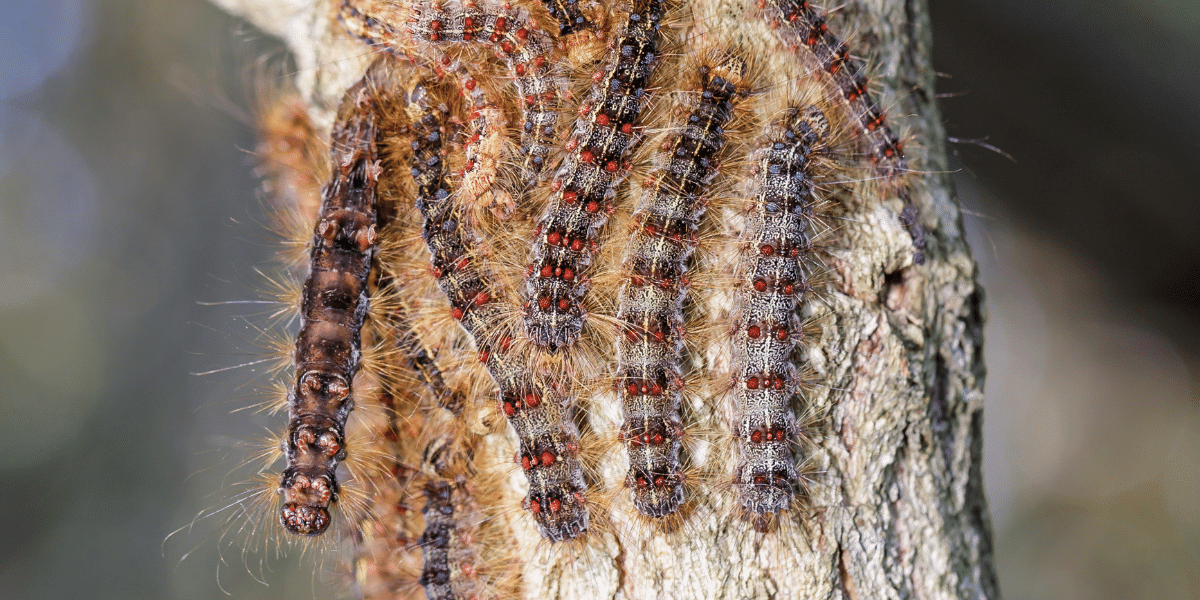Toll Rates Remain the Same for Those Who Can Travel to Canada
If you download the app, get the shot, get a test, and have a good reason, you can cross the border into Canada for the same toll rate as last year. The Michigan Department of Transportation reports that Canadian currency rates will not change for traffic heading into Canada via the Blue Water Bridge. The decision was made following the latest currency parity review and remains in effect until the end of September.
Passenger vehicle rates remain at $3.75 per trip with another $3.75 Canadian for each extra axle. Trucks and busses can enter Canada at a rate of $4 Canadian. There is a discount program through the Edge Commuter Pass.
ArriveCAN is a mandatory app that is used to track Covid testing and vaccination compliance. It records proof of vaccination, test results, quarantine plans, and other personal information as part of Canada’s required border crossing procedure.
There are some exceptions to the requirements, but they need to be addressed prior to reaching the border. More information can be found at the Canada Border Services Agency website.
https://www.cbsa-asfc.gc.ca/contact/menu-eng.html
Reporting for WGRT – Jennie McClelland






